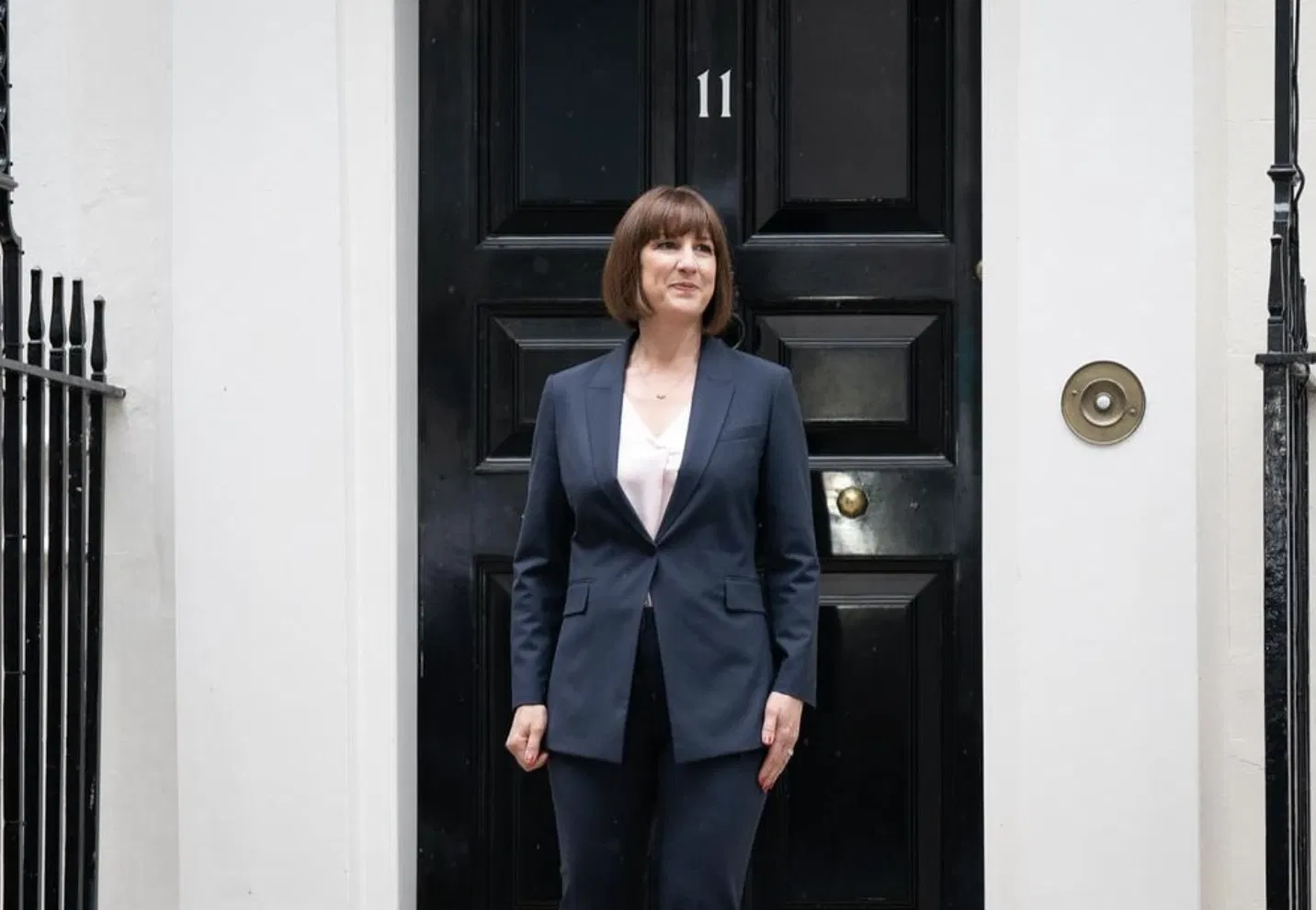British tech entrepreneurs and investors are sounding the alarm over potential capital gains tax (CGT) hikes, warning that such changes could drive business leaders out of the UK. The concerns come as Finance Minister Rachel Reeves prepares to unveil her budget on October 30, which could include significant tax reforms aimed at addressing the country’s multi-billion-pound public finance deficit.
Recent media reports have speculated that Reeves may increase CGT on share sales, with The Guardian suggesting the tax could rise as high as 39%. Prime Minister Keir Starmer, however, dismissed these claims as “wide of the mark” in a recent interview with Bloomberg. Still, expectations remain that Reeves will introduce a CGT increase on shares and other assets, potentially by several percentage points. This would affect gains from acquisitions, initial public offerings (IPOs), and secondary share sales.
In addition to a potential CGT hike, Bloomberg has reported that Reeves is also considering reducing the business asset disposal relief (BADR), which currently allows entrepreneurs to pay a reduced 10% tax rate on profits from selling their businesses.
The Finance 360 has not been able to independently verify these reports, and the UK Treasury has yet to comment on the matter.
The proposed changes have sparked an outcry from the tech community. More than 500 entrepreneurs signed an open letter to Reeves earlier this month, urging her to reconsider any plans to raise CGT or limit the BADR scheme. The letter, published by The Entrepreneurs Network, argued that such changes could make the UK’s tax regime one of the least competitive in Europe and harm the country’s burgeoning startup ecosystem.
“Higher CGT or any restrictions on BADR would make this relief less competitive at a time when the rest of the world is making their reliefs more competitive,” the letter stated. “It would mean the UK has the second-highest CGT rate in Europe and jeopardize the success of our country’s startup ecosystem by enormously weakening the incentive individuals have to build businesses.”
Signatories of the letter include prominent figures such as Giles Andrews, co-founder of digital bank Zopa; Rishi Khosla, CEO of financing platform OakNorth; and Victor Riparbelli, CEO of AI firm Synthesia. They warned that raising CGT would make it harder to attract entrepreneurs to the UK and could even push existing business leaders to relocate abroad.
Harry Stebbings, venture capitalist and host of the popular podcast The Twenty Minute VC, echoed these concerns in an interview with The Guardian. He described the potential CGT increase as “the biggest issue” for entrepreneurs, predicting that they would leave the UK “en masse” if the tax hike goes ahead.
However, not all voices in the business community oppose higher taxes on capital gains. A recent report from the center-left Institute for Public Policy Research (IPPR) revealed that some millionaire business owners support raising CGT to align it with income tax rates. According to the report, CGT is not the primary factor influencing investment decisions, with entrepreneurs more focused on access to funding, market opportunities, and broader economic conditions.
As the October 30 budget approaches, the debate over capital gains tax and its impact on the UK’s tech industry is intensifying, with many waiting to see how the government will balance its fiscal needs with the concerns of its entrepreneurial community.





